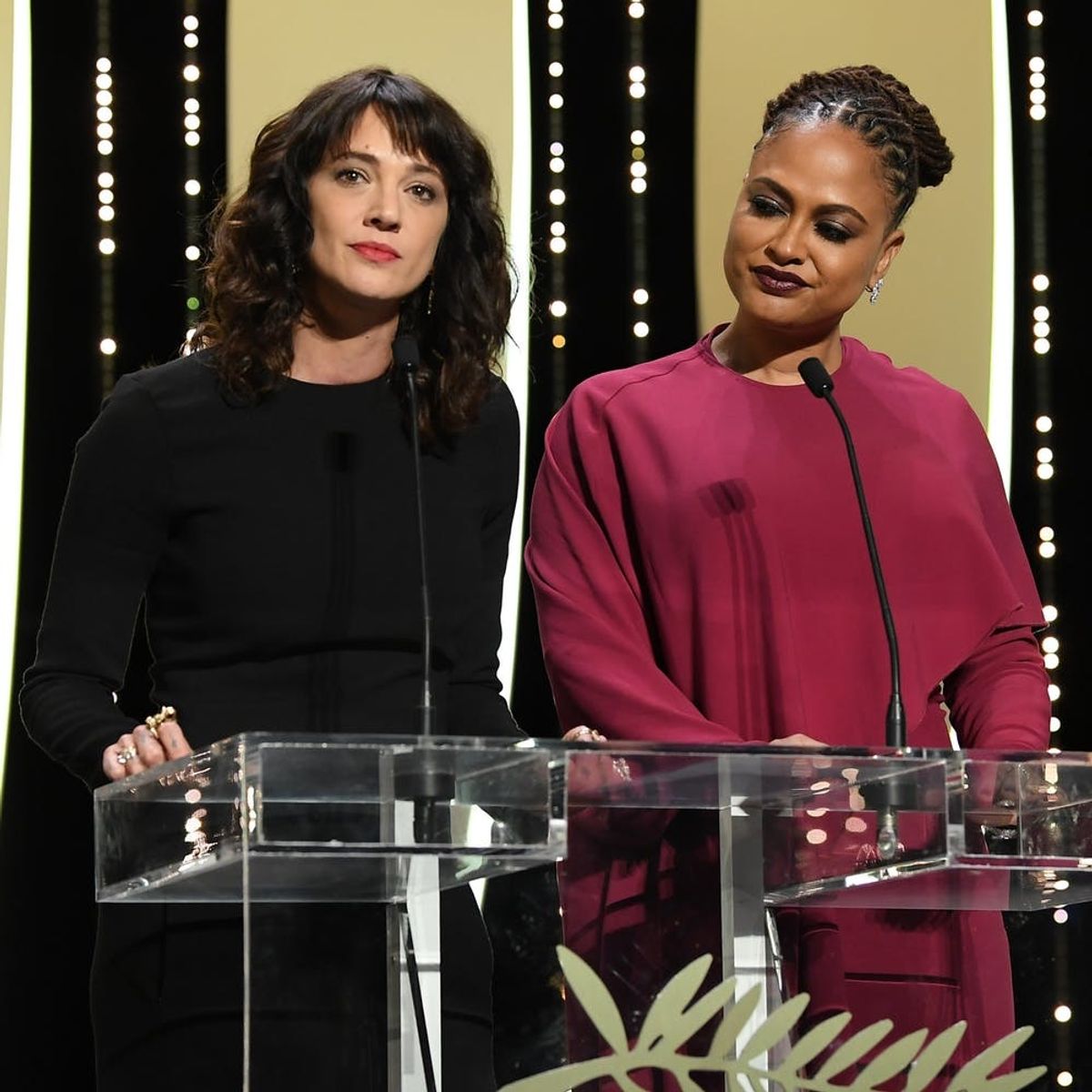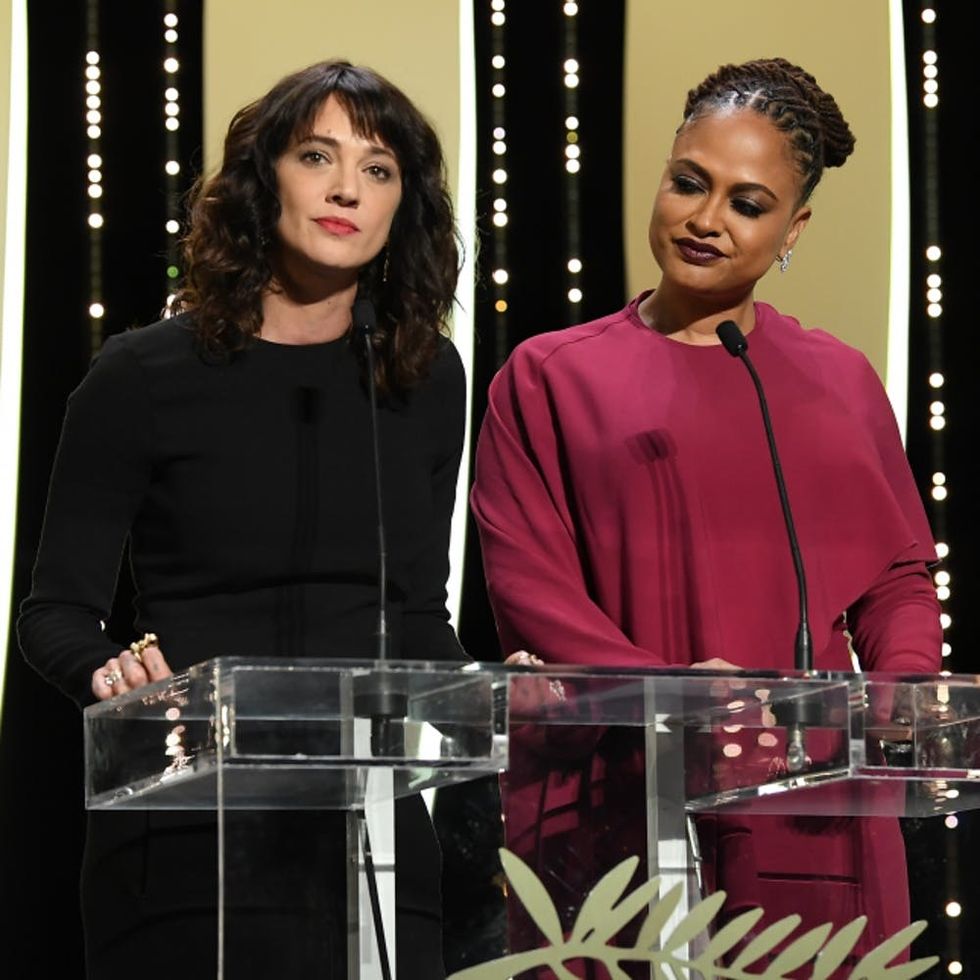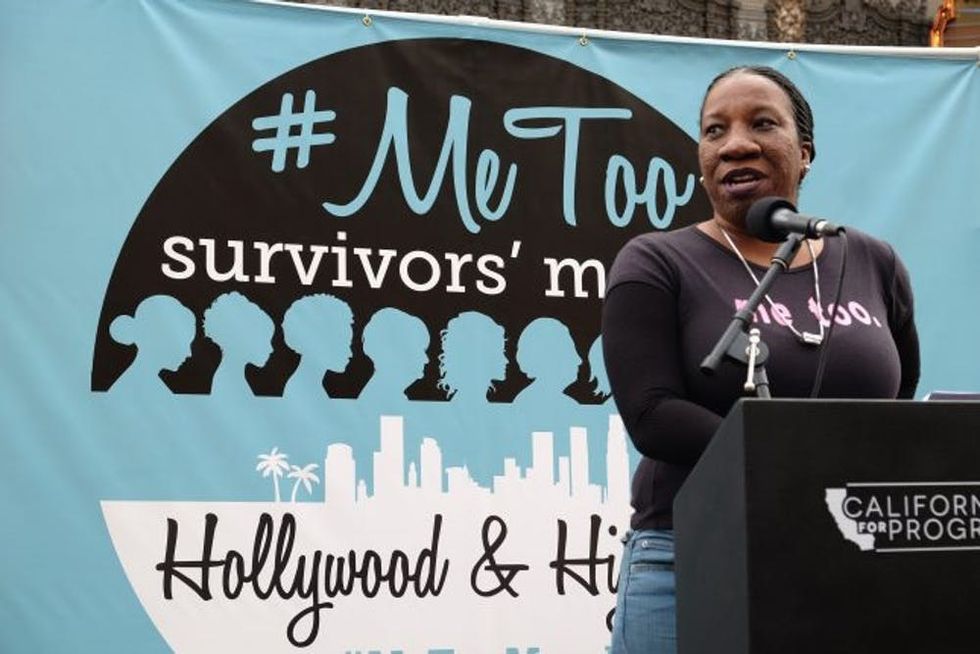What Does #MeToo Mean When the Alleged Perpetrators Are Women?

The Italian actress and director Asia Argento had been one of the most prominent voices of the #MeToo movement since she came forward with rape allegations against Harvey Weinstein in October 2017. On Sunday night, the New York Times reported that the actress herself stands accused of sexually assaulting a young man when he was a 17-year-old minor. Argento has also reportedly signed off on a $380,000 payoff to prevent further legal action against her.
The allegations against Argento have surfaced just as a different kind of celebrity #MeToo scandal is making ripples across certain corners of the internet. On August 13, the New York Times reported that New York University had conducted an 11-month investigation into a sexual harassment complaint by a male former graduate student against Avital Ronell, a female superstar professor of German and Comparative Literature. After the university concluded that Ronell was responsible, a group of extremely influential academics signed off on a letter to NYU in Ronell’s defense; one of the most powerful feminist scholars on earth, Judith Butler, was one of them.
The two incidents are unrelated, but they raise the same important question: What does #MeToo mean when the alleged perpetrators are women? And, to take that question to its logical follow-up, how can a feminist movement come to terms with predatory behavior on the part of women who claim to be feminists, themselves?

The answer might just lie in what the two women’s cases have in common, which happens to also be what all #MeToo stories have in common: Power.
In her competitive, cloistered, and hyper-elite field, Ronell wields a level of influence that’s not unlike that of a Hollywood megaproducer like Weinstein. People like Ronell have the power to alternately make or destroy an aspiring academic’s entire prospective career simply by either asserting or withholding any positive affiliation. One unnamed colleague described her to the New York Times as “one of the very few philosopher-stars of this world.”
Argento, meanwhile, had previously been both the costar and director of the young man who has since said that the “sexual battery” she had inflicted on him at 17 wound up putting both his career and mental health in peril.

If we’ve learned anything from #MeToo, it’s that sexual violence is one person’s way of exerting and abusing power over another person who — due to gender or race or age or professional standing or any combination of those things, and more — has less of it. #MeToo has been largely framed as a women’s rights issue not because women are faultless innocents, but because men disproportionately occupy the positions of power and influence that have been shown to foster sexually abusive dynamics. That reality is compounded by gendered double standards that perpetuate old-fashioned hang-ups surrounding women’s sexual behavior without always demanding the same scrutiny of, or accountability from, men.
Presumably, there are people out there who worry that addressing the allegations against women like Argento and Ronell will hurt the cause of the #MeToo movement. It’s also easy to imagine that some people will read headlines about alleged abuse at the hands of high-profile women and say, “See, this proves that those feminist man-haters are inventing a problem so they can play the victim!” Neither of these reactions gets at the heart of what it appears that the #MeToo movement intends to correct, which is ultimately about behavior.
Acknowledging the existence of male survivors and female abusers does not delegitimize #MeToo as a feminist movement, but rather strengthens its cause by defending the key notion that nobody’s abuse of power should be excused or overlooked on account of their gender. That’s kind of the whole point. And when a self-proclaimed feminist turns out to have some nasty skeletons in her closet, it doesn’t mean that we should disregard all feminists, full-stop. It isn’t as though calling out the bad behavior of a handful of individual men is an indictment on the gender, either.
The activist and #MeToo founder Tarana Burke put it best: “Sexual violence is about power and privilege. That doesn’t change if the perpetrator is your favorite actress.”
(Photos by Pascal Le Segretain + Sarah Morris/Getty)


















